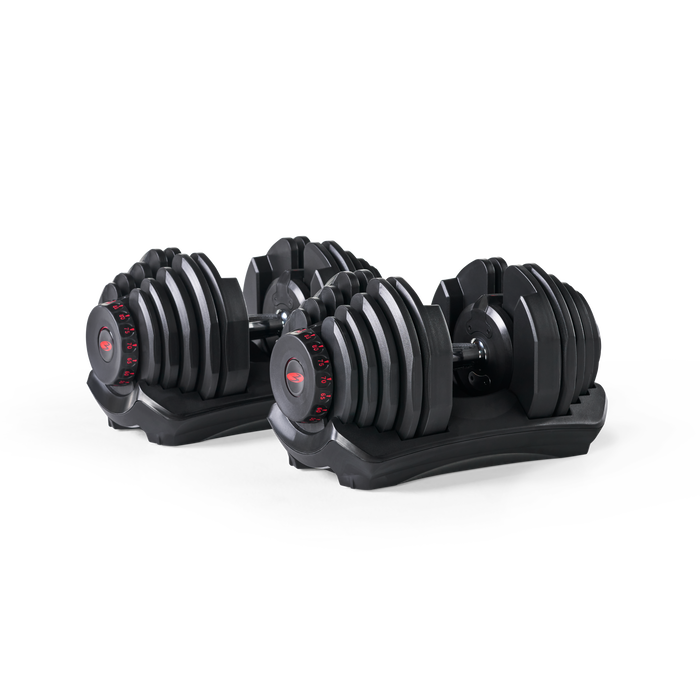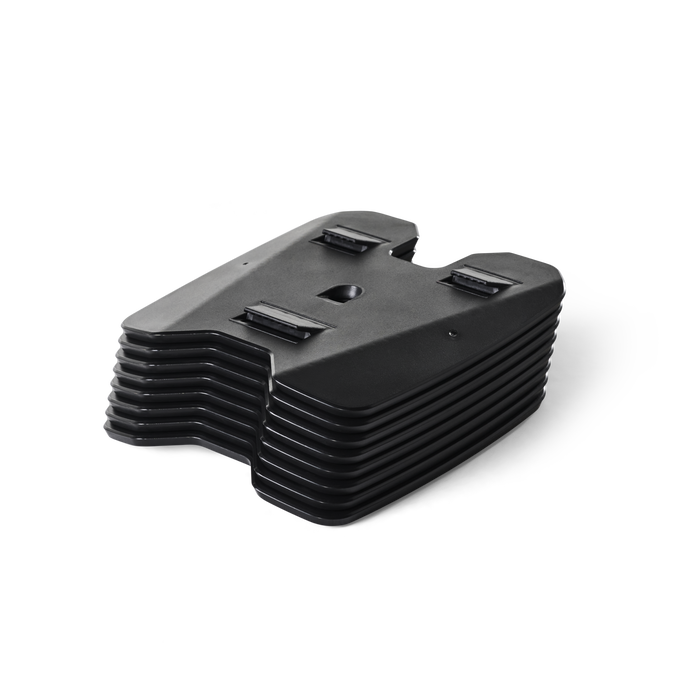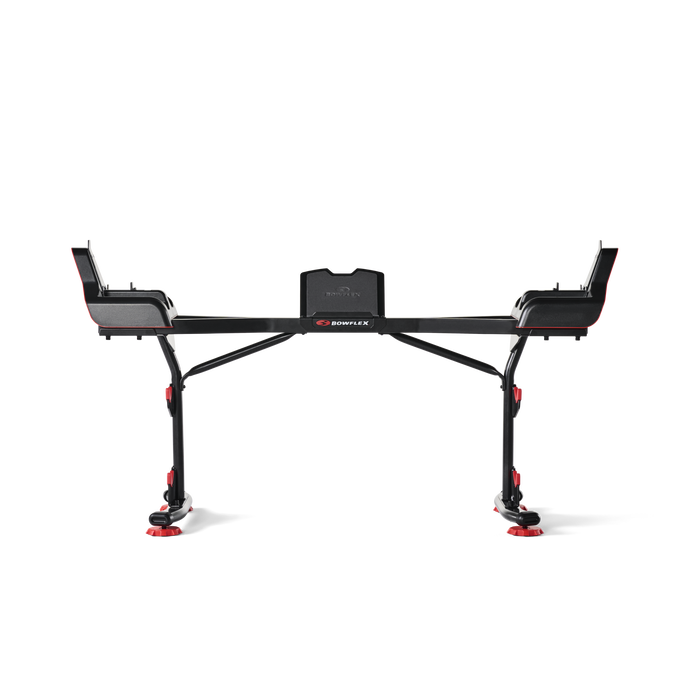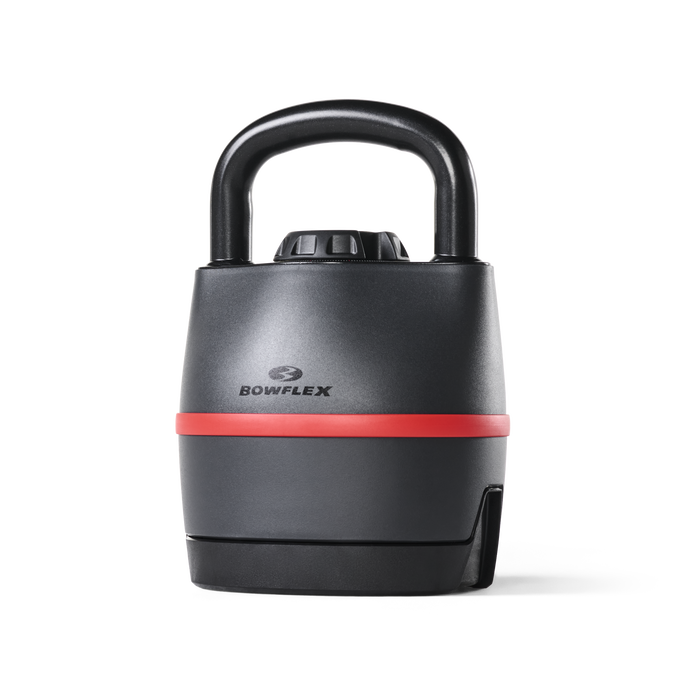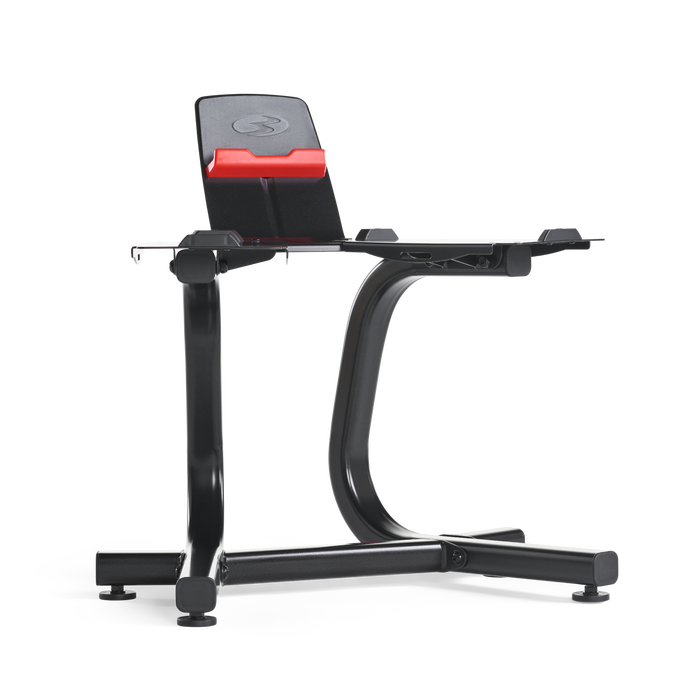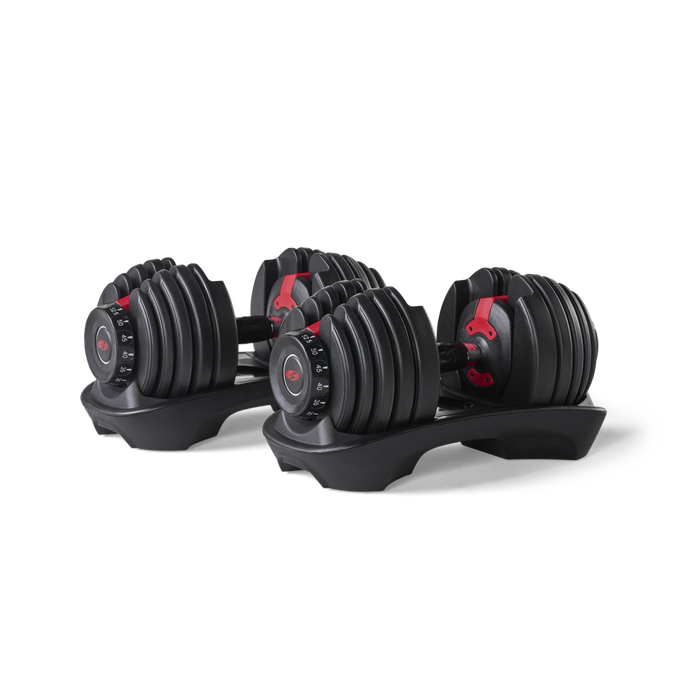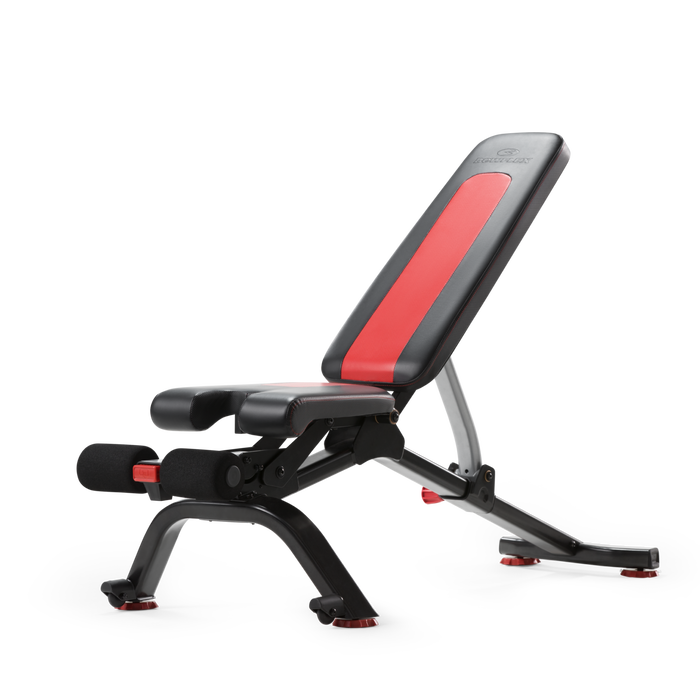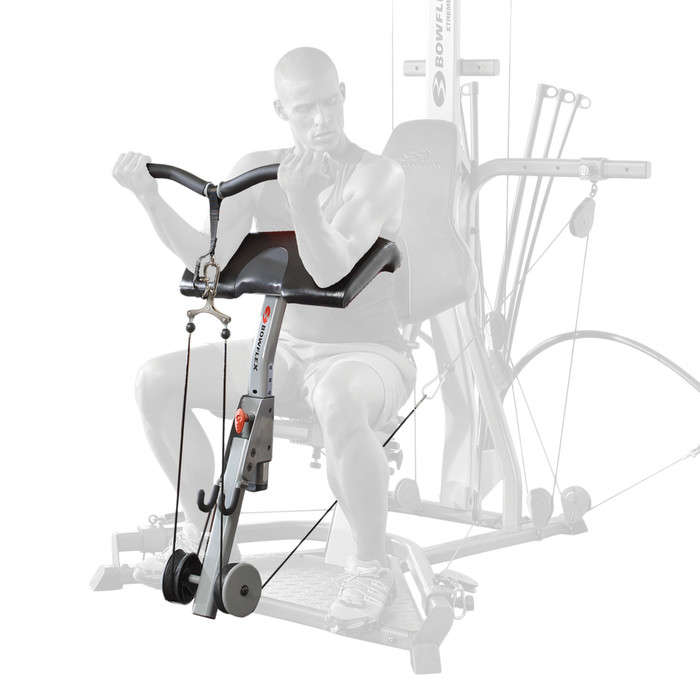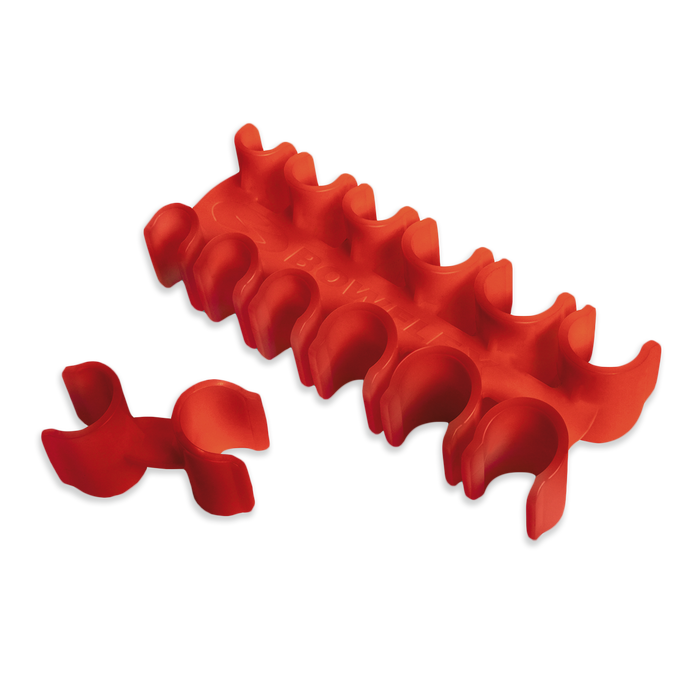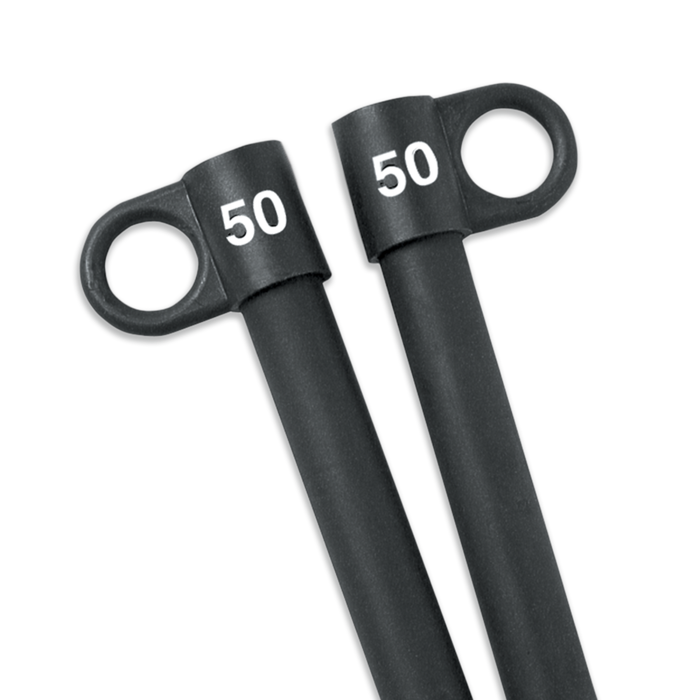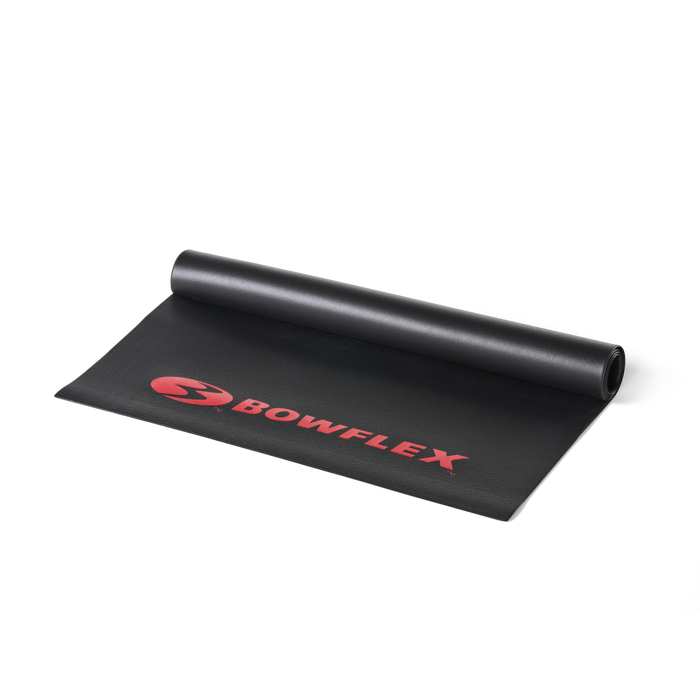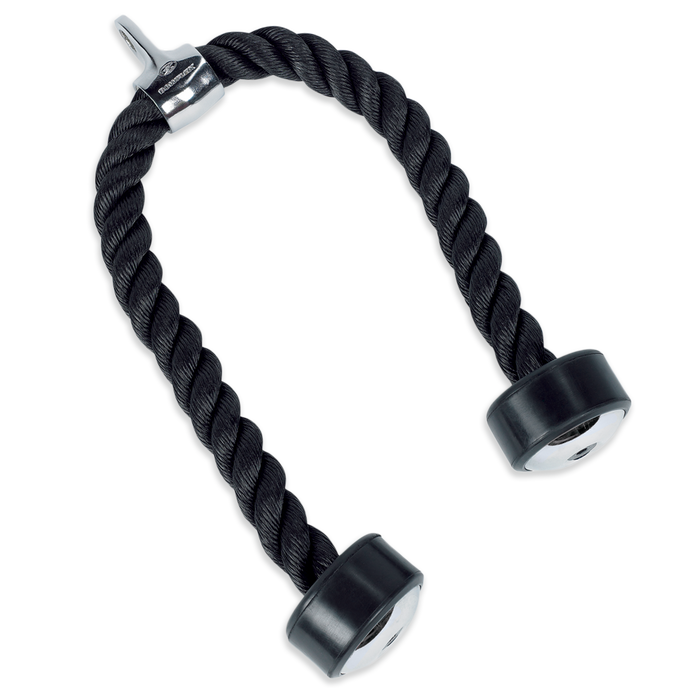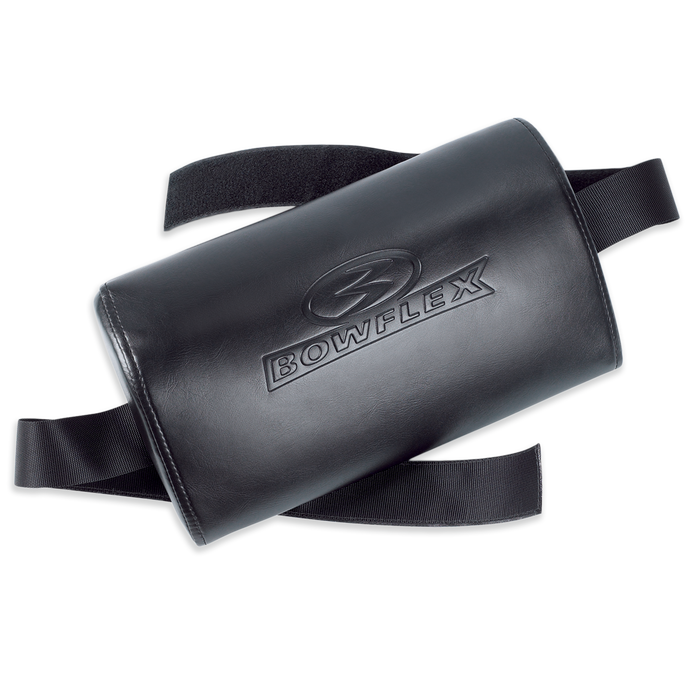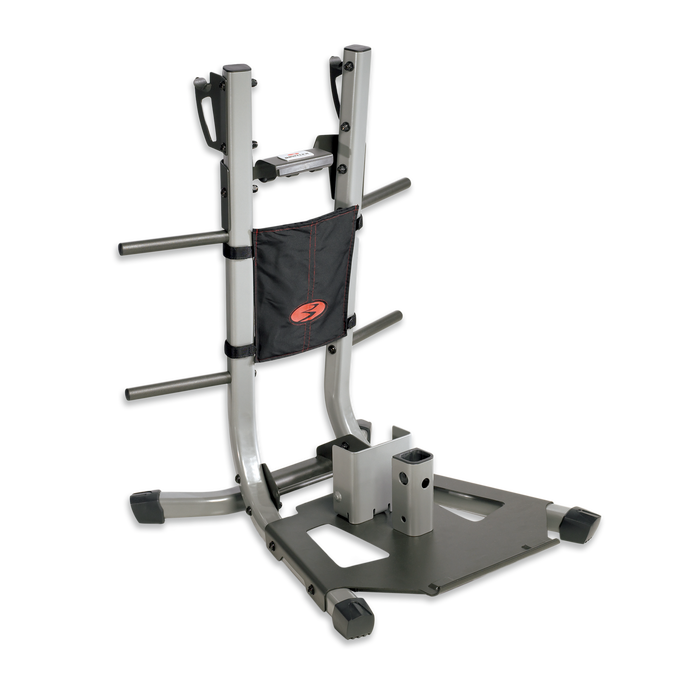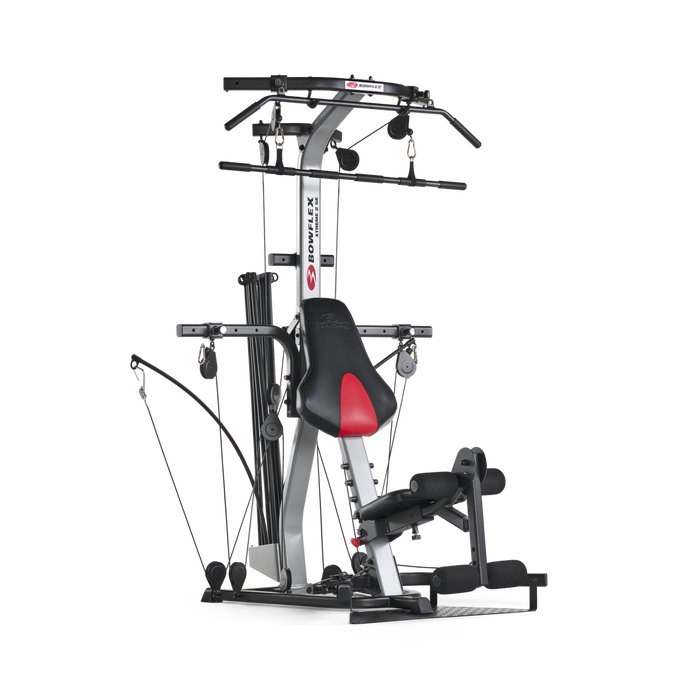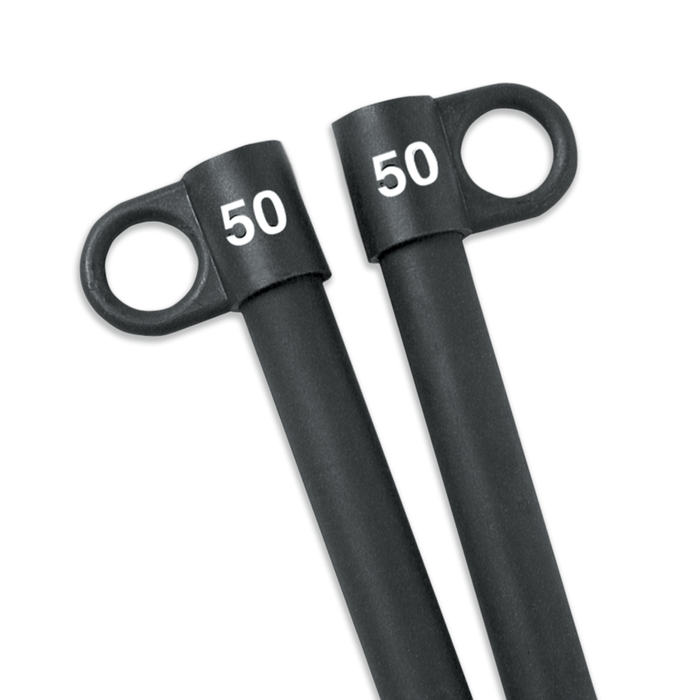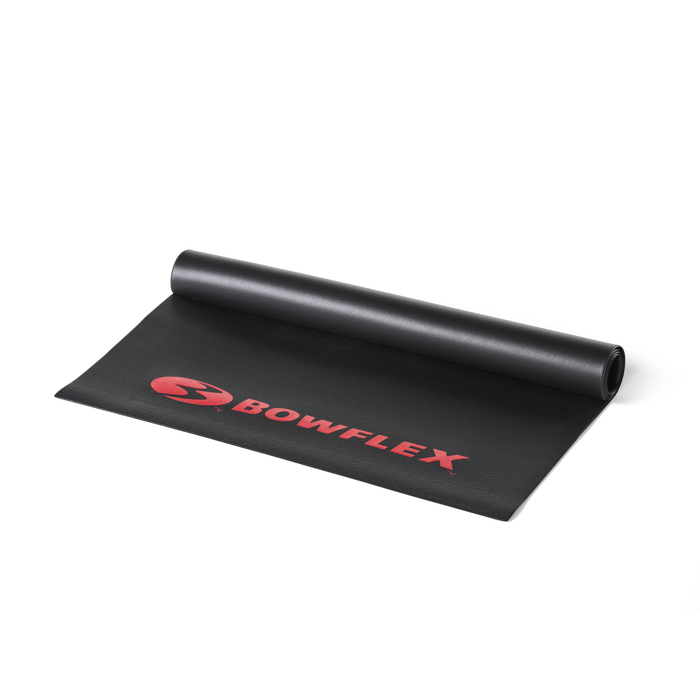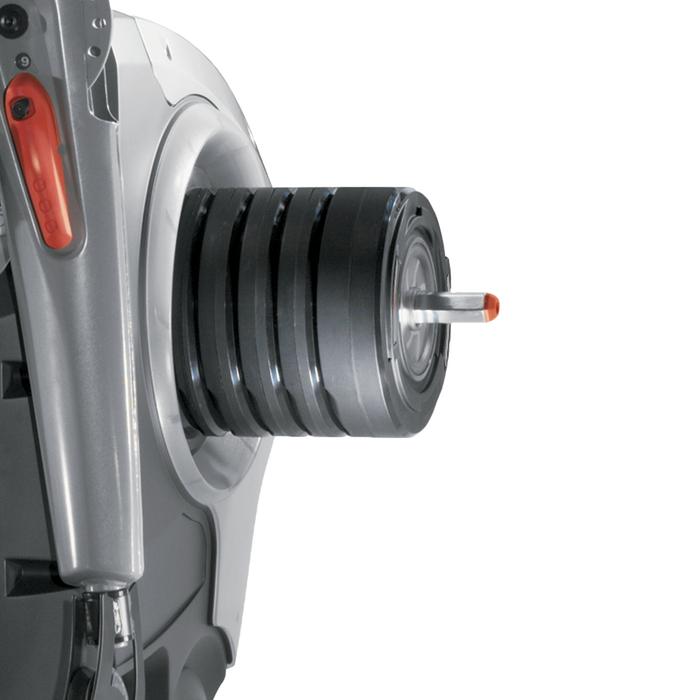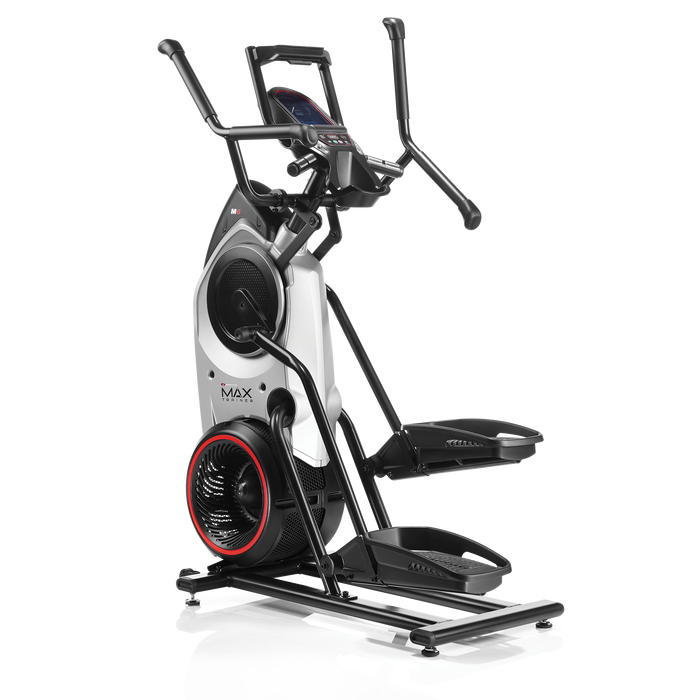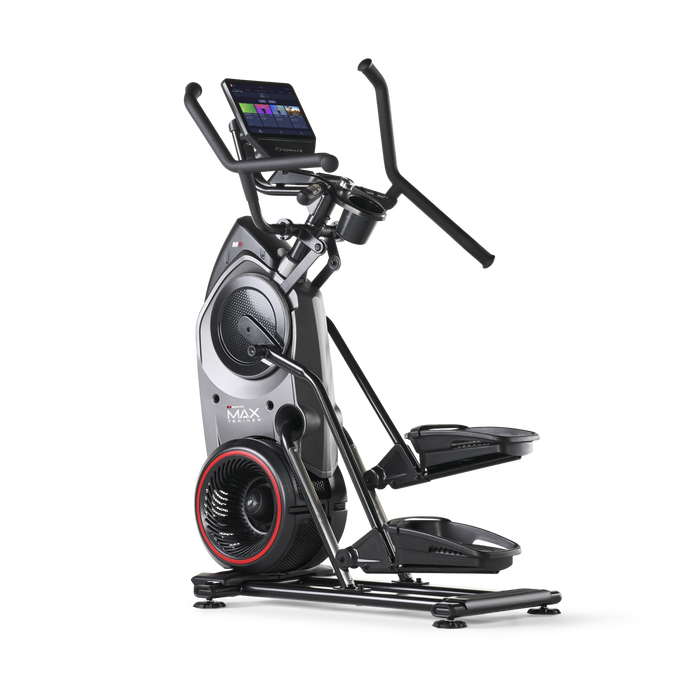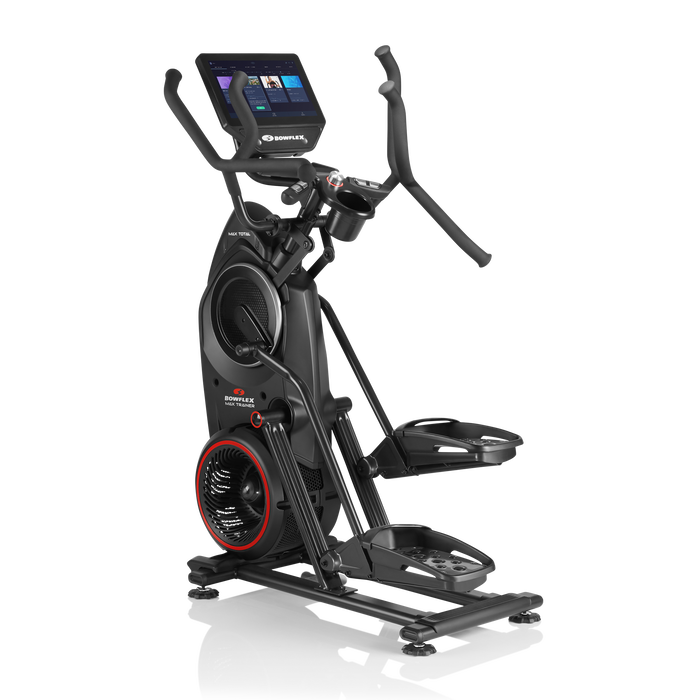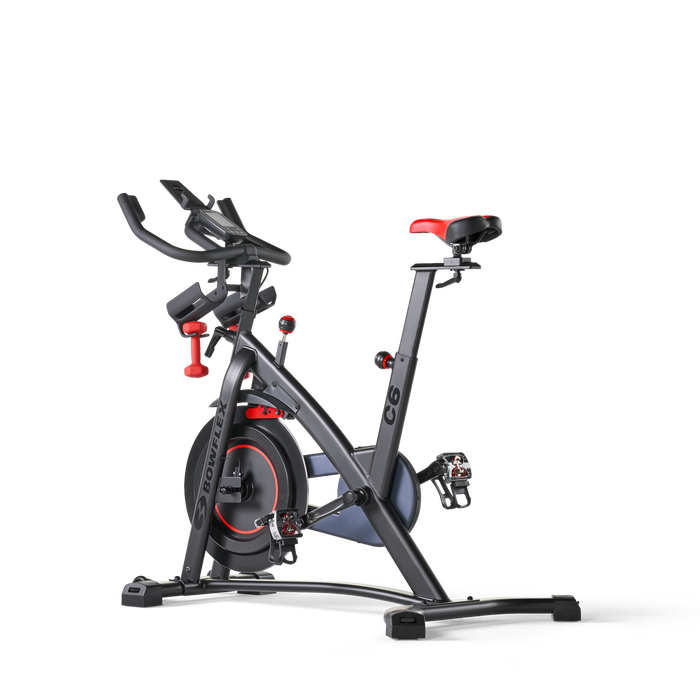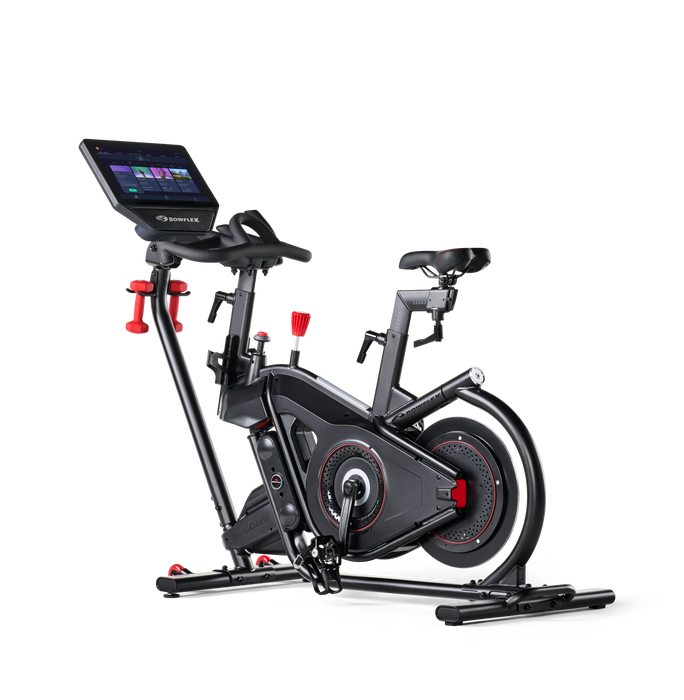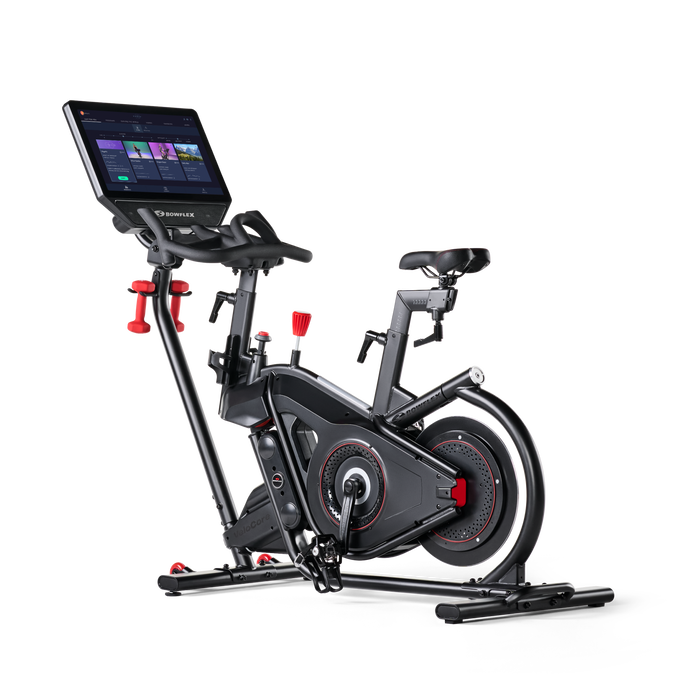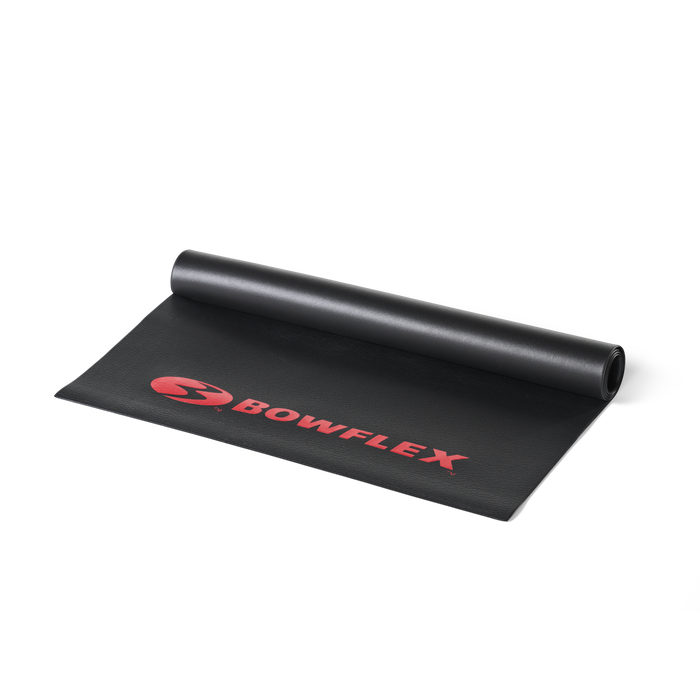Losing Weight after Pregnancy: Post-Pregnancy Nutrition

A nightly bowl of ice cream, midnight snacks, and a cup or two of coffee (the real thing!). Not exactly what you think of for a weight loss or healthy eating plan I bet. Post-pregnancy weight loss and nutrition is unique and complex. I'll explain each of the above, but first let me say thank goodness for freezer meals, my crockpot, and my blender. And the fact that my husband and toddler like leftovers. Otherwise we may have survived the last 10 weeks on only pizza, oatmeal, and canned soup (in addition to my ice cream)!
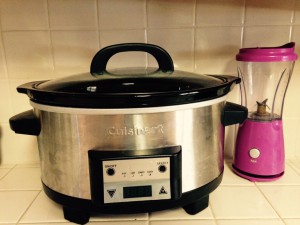
My kitchen appliance heroes!
For the first six weeks of post-pregnancy, I had more ice cream than I have in the past six years until I figured out my son is sensitive to dairy. Since then have cut out all dairy. But I was eating it because I was physically hungry 2-3 hours after dinner. Sometimes in the wee hours of the night while waking up every 2-3 hours to nurse my little one, I have to have a snack such as a banana or ½ peanut butter sandwich because, again, I'm physically ravenous.
The point of this brings us to rule #1 of post-pregnancy eating.
Rule #1: Honor your physical hunger and plan to eat 5-6 times per day, if you're breastfeeding.
Try to get these calories during the day though, unlike what I was doing for a while: Eating in the middle of the night because I wasn't eating enough during the day. If you're not nursing, eat three meals per day and a snack if needed. I don't recommend nightly ice cream for a snack, but it's ok to have a post-dinner snack. This is contrary to advice for normal weight-loss to avoid eating after dinner.
You may wonder how many calories you should be eating. While Rule #1 is a great general guideline, if you don't know where to start, use the equation below for approximate daily calorie needs. You need approximately 500 extra calories per day when you first start breast feeding. Some of this can come from your fat stores. If you noticed your arms, hips, and butt getting bigger during pregnancy this is why! It's believed that our bodies adjust to the demands of nursing so the extra calorie needs don't stay at 500 calories/day as you continue to nurse.
(Your Goal Weight/2.2) x 35 = Calories per day
Example: Goal weight of 130 lbs
130/2.2 = 59
59 x 35 = 2100 calories
Pregnancy requires extra fluids and, like food, you need even more when nursing. This is why I highly recommend a water bottle with a straw. You'll drink more and you can sip one-handed while you're nursing or doing other tasks. I found myself frequently guzzling water while I walked around the house, talked on the phone, or held baby. Water should be your main beverage of choice, but mostly decaf tea and coffee (you can usually have 1-2 cups of caffeinated while nursing), seltzer water, and milk (cow's, rice, almond, or whatever your drink) can also count towards your daily total. This reminds me of a big myth about nursing and milk: You don't need to drink milk in order to produce it! Mama cows don't drink milk, right?
138 oz glasses of water (104 oz or 3.1 liters) = Fluid per day
Source: Mayo Clinic
Rule #2: Don't lose focus on what the most important aspects of early motherhood are all about.
Your main priority should be fueling your body to support your baby's healthy growth and development, not to lose weight. If you mix up these two, your milk supply will suffer if you're nursing (as I found out). If you focus on the first one, your baby weight should drop off. Remember, it took 9-10 months to put the weight on, it's not going to come off (nor should it!) overnight.
Rule #3: Have convenient nutritious foods on hand.
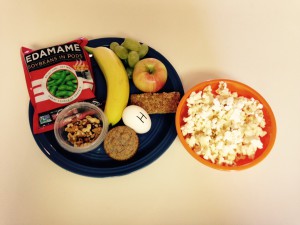
Having these snacks on hand is crucial.
Always have foods on hand that require little to no prep such as hard boiled eggs, string cheese, nuts, protein/meal bars, nitrate-free lunch meat, ready to eat fruit that doesn't require peeling or cutting like bananas, apples, berries, and grapes, popcorn, and individual packets of edamame. Especially for the first few weeks you want to spend as little energy as possible on meal prep without compromising nutrition.
Rule #4: Make a weekly dinner guide and shopping list.
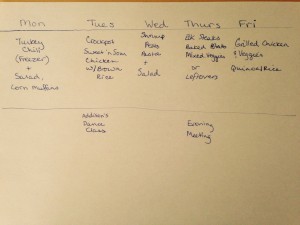
My dinner guide. Nothing fancy, but effective.
Take into consideration other activities in your schedule and factors such as when your little one's fussy time is. Both of my kids' fussy time has been in the late afternoon/early evening (aka dinner prep time), so I rely a lot on crockpot meals, "make-ahead" meals, and prepping during their afternoon nap time to preserve my sanity and avoid eating dinner at 7pm. I also cook breakfast egg muffins, extra pancakes, and muffins to freeze to have on hand for my toddler and myself.
Cook double batches of meals to freeze for later use on days you're too tired, frazzled, or unmotivated to cook. I did this leading up to my son's birth and stocked the freezer with 24 meals!
Now is the perfect time to start eating healthier if you know you're diet needs some work. Your kids will follow your example on everything, and this includes eating habits. Give them the lifelong gift of healthy eating habits.
Bonus Tips:
- Do not count calories if you're nursing, for at least the first 10-12 weeks. If you follow the four rules above 90% of the time, the weight will drop, and most importantly you'll be fueling your body with nutrition-packed foods to support the demands of nursing and mothering.
- If this isn't your first post-pregnancy rodeo, don't compare your weight to anyone else, not even yourself from past pregnancies. Each baby and the corresponding experience, including weight loss, is different.
Read all of the Losing Weight after Pregnancy series to learn more healthy ways to lose weight after pregnancy.
In case you missed it:


